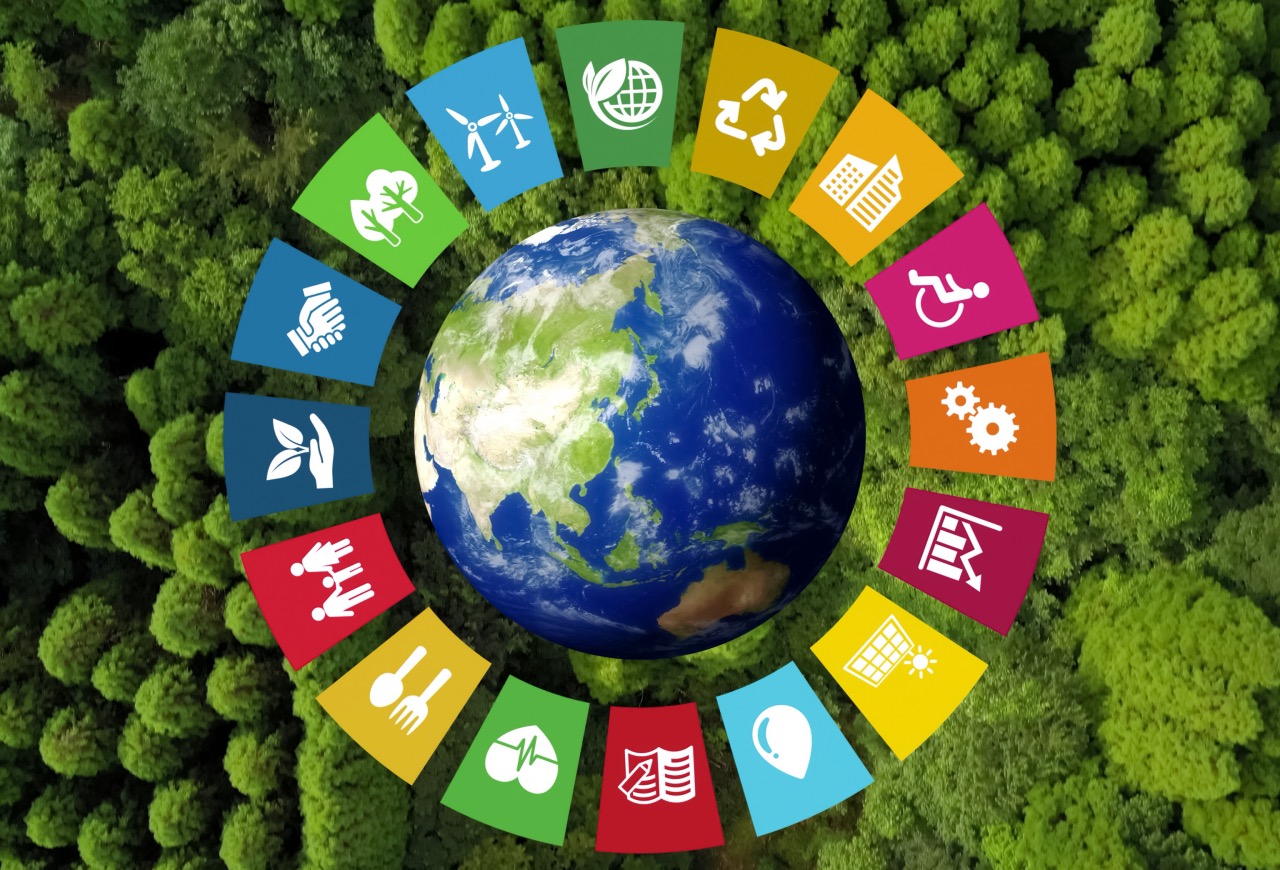Wealthy investors who want to create social and environmental impact often rely on far more than just money, according to a new report by the University of St. Gallen and the MIT Sloan Sustainability Initiative.

Personal networks, reputation and specialised skills and knowledge are key to bringing about positive change, but are often overlooked by impact-focused wealthy investors, according to a new report.
The report, The Investor’s Guide to Multicapital Strategies, was compiled by by the Centre for Sustainable Finance and Private Wealth (CSP) at the University of St. Gallen in Switzerland, and the MIT Sloan Sustainability Initiative in the US. It was based on 27 in-depth interviews with ultra-high-net-wealth impact investors from Europe, North America, Asia and Australia.
It lays out how today’s high-impact investors use networks, credibility, community links and expertise to bring about systemic change, and explains how future impact investors can do the same.
The guide provides future wealth holders with a framework to deploy multicapital strategies to accelerate positive environmental and social impact. These include ethical approaches, transparency in decision-making, diverse voices, and accountability.
Multicapital deployment strategy
In order to mobilise a multicapital deployment strategy, the guide recommends four steps. First, it advises budding impact investors to identify the right partners for the deployment phase of their impact journey and also to look at existing efforts.
The guide further recommends impact investors take targeted actions, identify their impact strategy, and address practical constraints such as time, returns or risk.
The CPS, which has trained thousands of investors and their advisors from the Americas, Europe, Asia and the Middle East and claims to have influenced over $30bn (€25.6bn) in assets toward impact, will host training sessions this year for future wealth holders.
Lessons learnt
The report quoted a number of investors on the importance of learning from others, creating a strong network and catalysing needed initiatives where none exist.
One of the interviewees on this topic was Michael Au, the chair of Toniic, a global network of over 500 high-net-wealth individuals, family offices, and foundations in 25 countries. Au would never have ventured into the world of sustainable investing if it wasn’t for a chance meeting with Asian impact investing pioneer Annie Chen, he told Impact Investor.
Chen, the founder and chair of RS Group Asia, a Hong Kong-based family that’s 100% dedicated to impact investing, spoke frequently and publicly about her firm’s strategy.
“Meeting Annie and witnessing her journey convinced me that it is possible to succeed in this field. It gave me the confidence to stick my neck out and do something true to myself in a very conservative space, which is Asia; which is family offices and family wealth. She was critical to my path and my journey,” said Au, a third-generation wealth holder from a property development family who manages the impact investment arm of a Hong Kong-based single-family office.
Hoffmann, Wietlisbach
Understanding the system you want to impact is critical to deploying multicapital strategies effectively, according to the report. Its interviewees cited a number of ways that they incorporate their systems awareness.
André Hoffmann, vice chairman of Swiss pharmaceutical giant Roche Holding, provided insight into how early life experiences and core values fundamentally shape how all capitals are deployed.
“If we want to have a real impact, we must use the range of tools at our disposal and commit ourselves fully to driving change. Many wealth holders I speak with genuinely want to create positive change but underestimate the influence they carry. This guide shines a light on the pathways they can take to contribute to a better world,” Hoffmann, who is also a co-founder of the CSP Foundation, said.
“It was not too long ago a lot of asset owners would feel alienated or even ostracised to talk about almost fringe concepts such as incorporating catalytic capital into a traditional capital stack. So safe space and communities of trust are very important in order for these conversations to advance,” said Au. He went on to say that’s why he devotes “significant time” on his role at Toniic.






